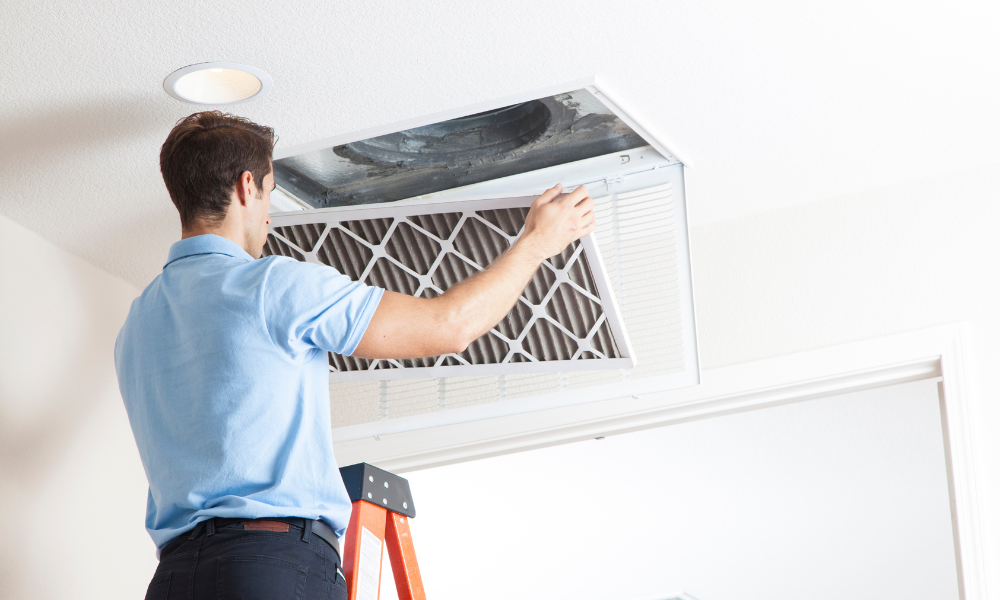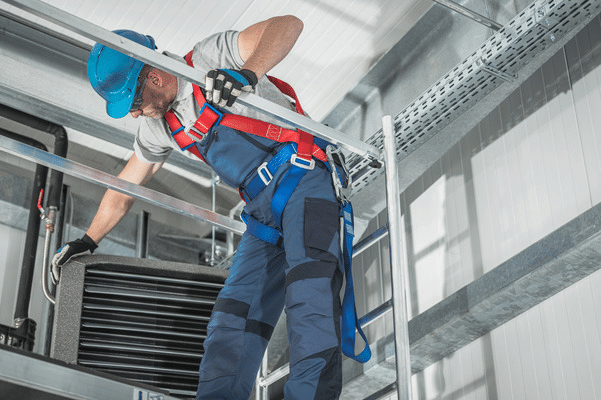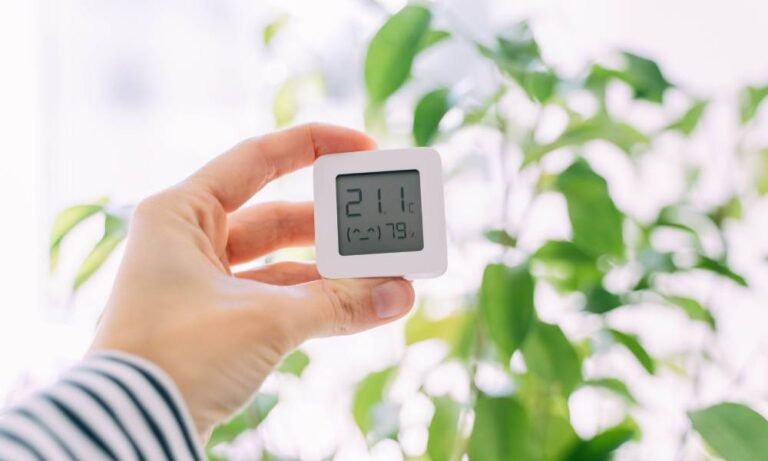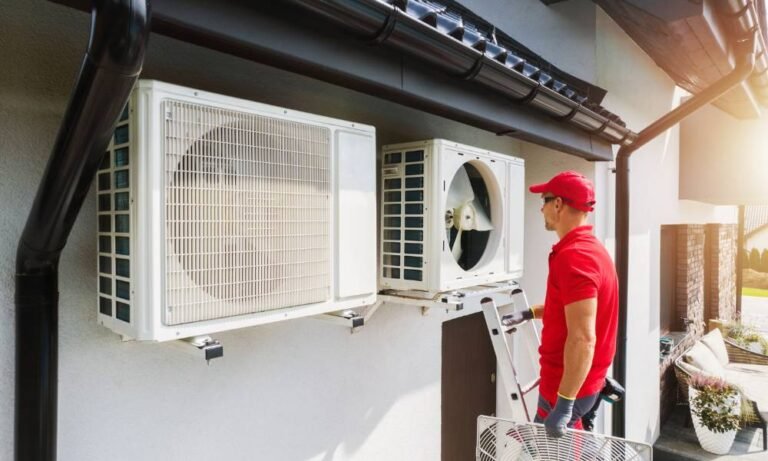Estimated reading time: 5 minutes
The air you breathe at home might seem clean, but what if the pathways delivering that air are filled with dust, allergens, and pollutants? Over time, your home’s ductwork can become a breeding ground for contaminants that affect not just your comfort but also your health. Proper cleaning of these pathways isn’t just about efficiency—it’s about improving the quality of the air you and your family breathe daily.
In this post, I’ll explore:
- The impact of ducts on your indoor environment
- The health benefits of keeping them clean
- Signs it’s time to act
- Why professional care makes a difference
Let’s dive into why cleaner air means a healthier home.
1. How Air Ducts Impact Your Home’s Environment
Air ducts play a crucial role in maintaining your indoor comfort. They deliver heated or cooled air throughout your home, ensuring each room stays at a comfortable temperature. However, these same ducts can trap dust, pet dander, and even mold, circulating them every time your HVAC system runs.
What Lurks in Dirty Ducts
- Dust and Debris: The buildup of dirt can create a haven for mites and other irritants.
- Mold Spores: Mold thrives in moist ductwork, spreading microscopic spores.
- Allergens: Pollen, pet fur, and other particles aggravate allergies.
- Bacteria and Viruses: These can hitch a ride on airborne particles, compromising your home’s hygiene.
When these contaminants accumulate, they’re distributed throughout your home, potentially affecting your health.
2. Health Benefits of Cleaner Ducts
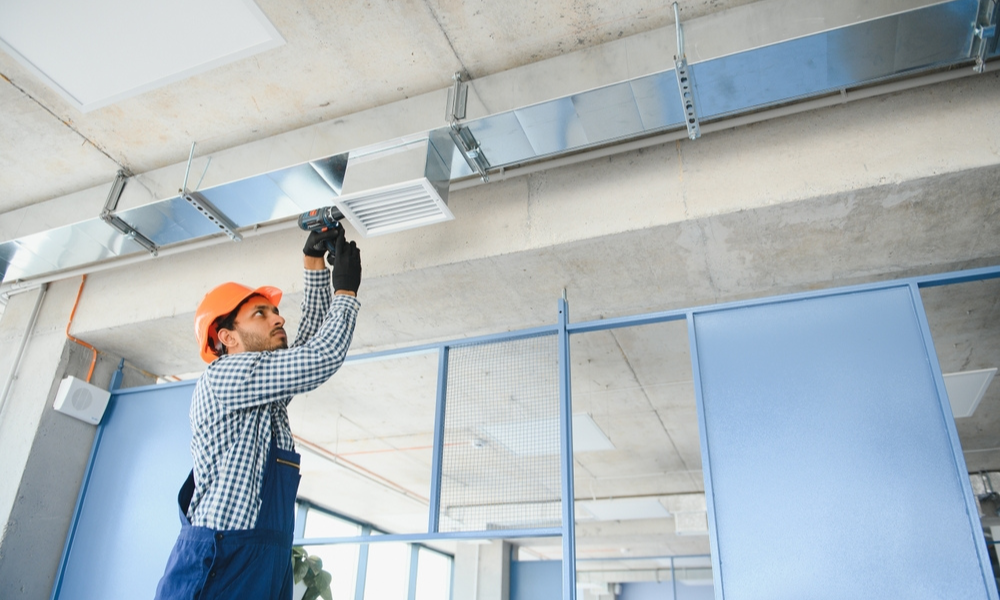
Cleaning your ducts offers more than just a fresher-smelling home—it directly contributes to better well-being.
Allergy Relief
For those of us who sneeze our way through allergy season, reducing allergens like pollen and dust in your ventilation system can make a noticeable difference. Clean pathways mean fewer triggers circulating in the air.
Improved Breathing
For individuals with asthma or other respiratory issues, reducing airborne irritants can alleviate symptoms. Even if you don’t have a diagnosed condition, breathing cleaner air can lead to fewer coughs and congestion.
Mold Prevention
Mold in your ventilation system doesn’t just smell unpleasant—it poses serious health risks. Cleaning ducts regularly prevents conditions where mold thrives, protecting you from exposure to harmful spores.
Better Sleep
If you’ve ever woken up with a scratchy throat or stuffy nose, the culprit could be the air you’re breathing. Cleaner air promotes uninterrupted, restful sleep, letting you wake up refreshed.
3. When Should You Consider Duct Cleaning?
It’s not always obvious when your ducts need attention, but here are some telltale signs:
Excessive Dust in Your Home
If you find yourself constantly dusting, your ducts might be redistributing dirt around your home.
Unpleasant Odors
Musty or stale smells can indicate mold or debris buildup in your system.
Uneven Airflow
Are some rooms noticeably warmer or cooler than others? Blockages in the pathways could be to blame.
Increased Allergy Symptoms
If you or your family are sneezing more or experiencing itchy eyes at home, it’s worth investigating the air quality.
4. How Professionals Clean Ducts
While some tasks like replacing filters or cleaning vent covers are manageable on your own, a thorough cleaning requires professional tools and expertise.
The Cleaning Process
- Inspection: Experts assess your system, identifying trouble spots like blockages or mold.
- Vacuuming: Using specialized equipment, they remove debris without spreading it further into your home.
- Sanitizing: Some services include the application of safe cleaners to reduce bacteria and mold growth.
Why Professionals Are Worth It
DIY solutions can only go so far. Professionals have the tools to access and clean the entire system, ensuring no debris is left behind. Plus, they can spot potential issues like leaks or damage that might otherwise go unnoticed.
5. Myths About Air Duct Maintenance
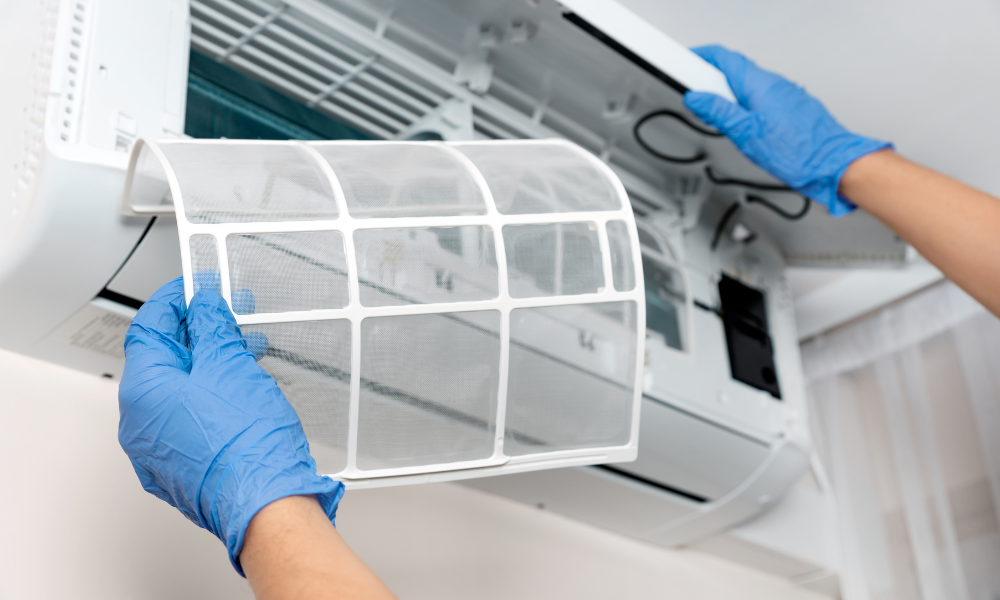
Misinformation can keep homeowners from taking steps to improve their environment. Let’s dispel a few common myths:
“Duct Cleaning Is Only Necessary for Allergies”
While it’s true that cleaning benefits allergy sufferers, everyone can enjoy the advantages of cleaner air.
“It Won’t Impact My HVAC System’s Efficiency”
Blocked pathways force your system to work harder, using more energy and wearing down components faster.
“Cleaning Ducts Is a One-Time Job”
Just like any part of your home, maintenance is ongoing. Most systems need cleaning every 3–5 years, depending on use and conditions.
6. Extra Steps to Improve Air Quality
In addition to cleaning your ducts, consider these measures to further enhance your indoor environment:
Replace Filters Regularly
A clogged filter can’t do its job effectively. Swap yours out every 1–3 months, especially during heavy usage periods.
Invest in an Air Purifier
These devices trap particles that your HVAC system might miss, providing an extra layer of protection.
Control Humidity Levels
Too much moisture encourages mold growth. A dehumidifier can help keep levels in check, particularly in damp climates.
7. FAQs About Air Duct Cleaning
How often should I have my ducts cleaned?
Most homes benefit from a professional cleaning every 3–5 years. If you have pets or allergies, consider more frequent service.
Can I clean my ducts myself?
While you can manage surface-level tasks, a deep clean requires specialized equipment and expertise.
Will duct cleaning lower my energy bills?
Yes! Clean pathways reduce strain on your HVAC system, making it more efficient and lowering energy consumption.
Conclusion
Air duct cleaning isn’t just about keeping your home tidy—it’s about protecting your health. By removing contaminants like dust, mold, and bacteria, you can breathe easier, sleep better, and even reduce energy costs. If your home has been feeling dusty, stuffy, or less comfortable, it might be time to call in the pros.
